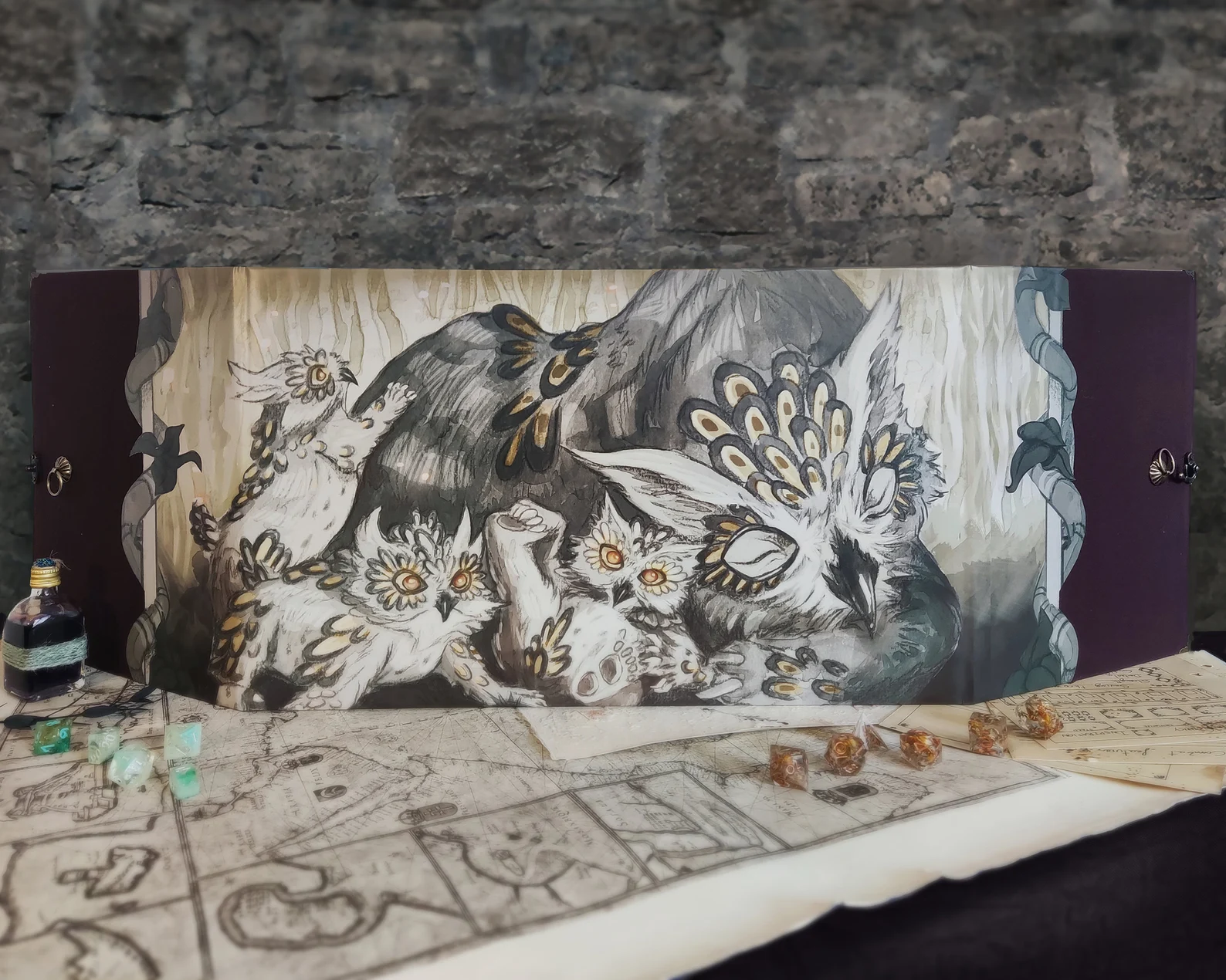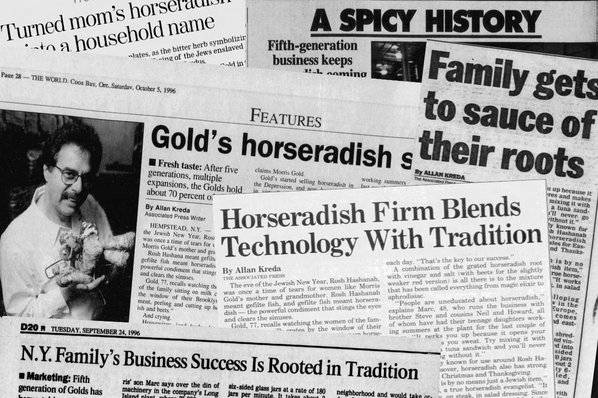When Alexander Hanthorn's full-time job as a product manager at a tech company went remote during the pandemic, he found himself with more daylight hours to dream up side projects.

His mind immediately went to the difficulty of conducting customer research, and how that process often slowed down product development.
To capture qualitative insights faster and help product teams, Hanthorn and his two co-founders started Corq in March 2021, a Zoom add-on that enabled sales and customer success teams to annotate their calls in real time and share those annotations with product and engineering teams.
The founders completed a pre-seed round with friends, family, and angel investors, which provided them with enough funding to stay afloat for a year, if needed.
Corq charged a $22.50 subscription fee per month, per user, though there were plans to ultimately increase that rate once the company expanded beyond early customers. At its peak, the startup had just over 300 total users across 120 organizations.
Ultimately, the co-founders ran through the funds they'd raised in the pre-seed round, and were having trouble proving to investors that Corq could stand out in a crowded market.
At the end of their runway, Hanthorn and his co-founders were left with no other options, and shut down operations in fall of 2022. Below, he shares the lessons he learned from the experience:
1. Wait as Long as Possible To Fundraise
Hanthorn says that if he could do it over again, he'd wait as long as he could on raising funds.
"As exciting as it may seem, especially if you haven't gone through it before, the world changes when you raise a round and the clock starts ticking," he says. "When it stops ticking, you're dead."
Hanthorn says that by rushing to raise money immediately, he and his co-founders started the clock on the first iteration of their product. Looking back, he says it would have been wiser to only start raising funds once they'd validated the business idea more thoroughly and gone through subsequent iterations.
Not only does raising capital prematurely cut your time short, but also it adds a layer of pressure on the business that entrepreneurs need to be ready for. Investors will always be anticipating a return, and having their eyes on your building process can be intimidating and even lead to stifled creativity.
2. Be a Painkiller, Not a Vitamin
Hanthron says it's easy for first-time founders to get distracted by product ideas that they find interesting, but which aren't burning needs for their intended customers.
While product managers were interested in Corq and said they'd be willing to try it, the founders took it as a signal that they'd happened upon a winning idea. But in hindsight, Hanthorn says the lack of strong product adoption was likely due to the fact that it wasn't desperately needed.
"It was a vitamin when what we really needed was a painkiller," he says.
In later conversations with product managers, Hanthorn came to find that some of them valued digging into the details of a customer interview themselves so that they could analyze the information, and didn't necessarily want it to be automated.
Paying attention to that feedback was a misstep, and ultimately led the founders to believe the adoption of Corq would be more widespread than it was.
3. Understand Your Customer
To solve those burning problems for customers, Hanthorn says you first need to deeply understand them something he feels they came up short on.
He says they should have focused on a very specific persona, understanding their needs, day-to-day lives, roles within their companies, goals, ambitions, and objectives.
For founders who might be starting a company that strays from their own background, it will be even more vital to conduct in-depth persona research.
"If you're not coming from the same background as your target persona, you should be trying everything you can to fill those shoes and understand what it's like in that role," he says. "Having a deep understanding of your persona is going to be your competitive advantage."
Skipping this step, he cautions, can result in a mediocre product that doesn't serve the customer.
4. Ship Your Product Fast
Hanthorn says that he and his co-founders felt reluctant to ship the product quickly.
"I wanted things to be perfect, to be feature complete, and to look nice," he says. "But in that early stage, that's not necessarily your objective."
While Hanthorn notes that for a select few products a polished, picture-perfect experience is in fact a requirement, most businesses do not need to be in their final form to be released.
In fact, they likely shouldn't be. Hanthorn says that rather than wasting time trying to make Corq look perfect, they could have been deploying it to product managers to test and gather valuable customer insights and feedback.
"Everyone wants that bright, shiny product that they're used to seeing on their phone, but your advantage at that point is the ability to move fast and learn," he says.
5. Stay Focused
Hanthorn says that focus and clarity are the two most important components of a successful startup.
"Focus helps you make decisions," he says. "And without clarity, you're constantly going to have opportunities to deviate, which can lead to shipping the wrong thing or spinning your wheels."
To bring it full circle, Hanthorn says focus and clarity around the company's mission are even more pivotal when the clock is ticking and capital is running out.
Founders should have clarity around their product so that they can tune out distractions and continue to come back to their North Star.
When he made the decision to shutter Corq, Hanthorn says the process feels something like whiplash.
"You're going from sprinting a hundred miles an hour every day to zero," he says. "I distinctly remember the day after we decided to close up shop, I woke up the next morning to be able to do whatever I wanted that day."
For now, Hanthorn has returned to his product manager roots at a software company, but he's not done with entrepreneurship quite yet.
"I left thinking to myself, 'Wow, I can't wait to do it again someday,' as screwed up as that sounds," he says of his experience. It was the most stressful two years of my life but also an incredible accomplishment.
.jpg?width=48&height=48&name=IMG_2563%20(1).jpg)









